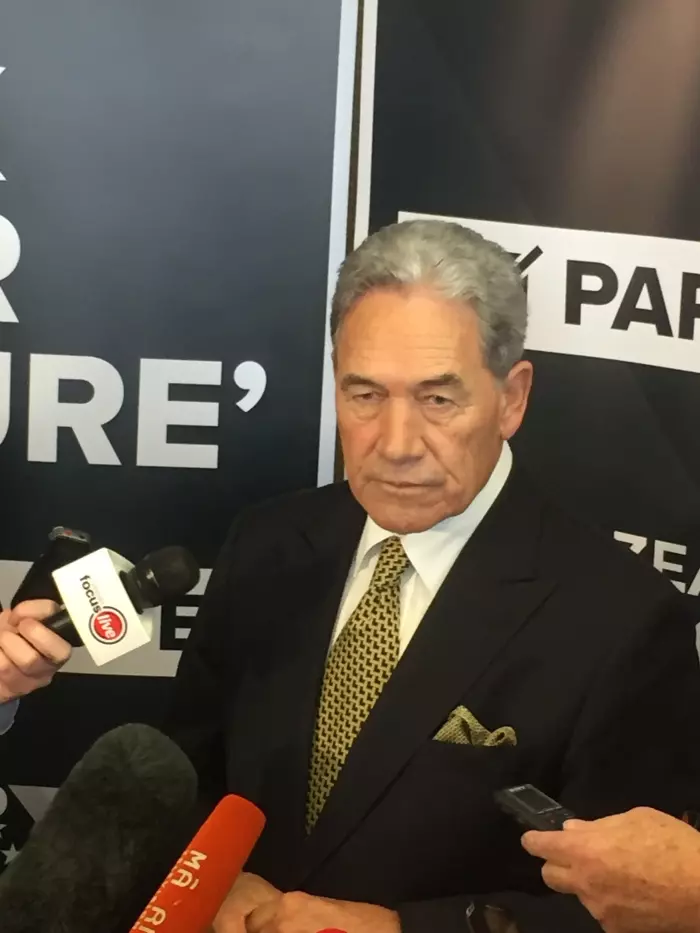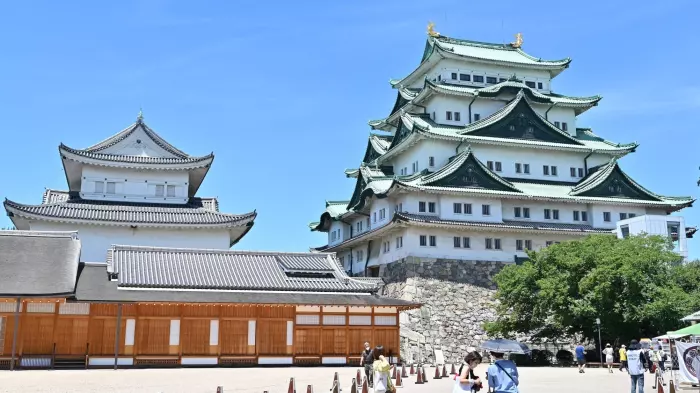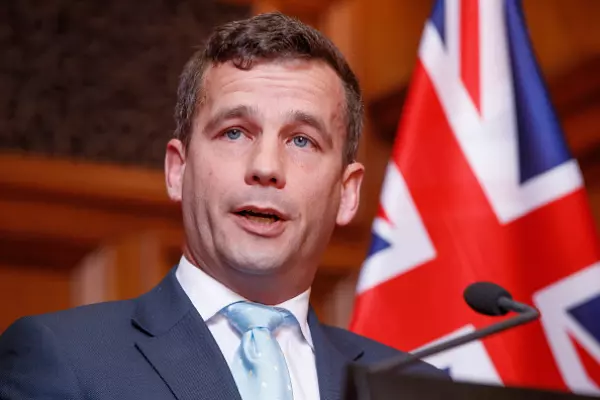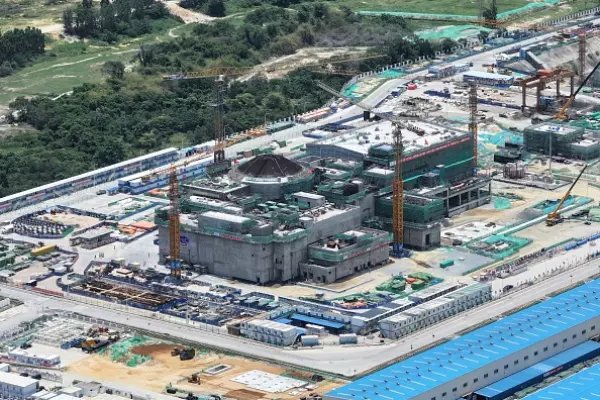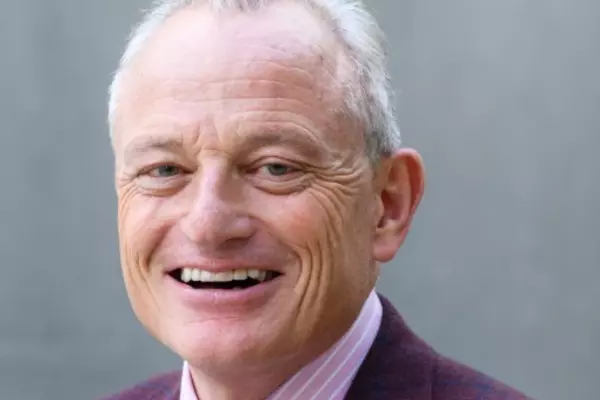New Zealand First leader Winston Peters has kicked off his party’s election campaign by promising to cap net immigration at 15,000 per year and will insist on the immigration portfolio as part of any coalition deal as part of a core immigration ‘reset’.
Appealing to voters to consider the party as an insurance policy against a ‘nanny state’, he said the covid-19 pandemic had placed the country’s immigration problems into stark relief, highlighting the “unrestrained immigration of past governments.”
The scale of the issue was already evident in 2017, he said, creating huge economic distortions and costs, “cutting New Zealanders out of jobs, undercutting workers’ pay rates and fuelling house price inflation.”
Peters capped his party’s pre-election two-day conference by saying that NZ First had already influenced the reduction in immigration numbers during its three years, helped by covid, which has all but stopped inward migration except by returning citizens. Immigration has fallen since the pandemic to levels last seen in 1959.
The immigration policy will be a central election theme, he said, particularly given the party’s consistent focus during its history of, “jobs, jobs, jobs.”
“We have always been about common sense, and it is just common sense that if a job can be filled by a New Zealander then it should be.”
"I could do immigration"
Peters said while the country will always need to meet critical skills shortages through immigration, the advent of covid had meant a reset was now critical.
Asked if he saw himself in the immigration portfolio, he said “of course I could do it, but there will be plenty of people in the party who will be up for it.”
“But we should be getting the people we want here, not only the people who just want to come here.”
He said NZ First had also been the only true advocate over the years for a proper minimum wage, away from “short termism” and towards a longer perspective.
Taking aim at his coalition partners Labour and the Green Party, Peters said his party had opposed “woke pixie dust”, championed the right to believe in God if you want to and above all, “everything we’ve done has been based on economic reality”.
“We have focused on sound economics and while the rest have been politically correct, we’ve set out to correct politics.”
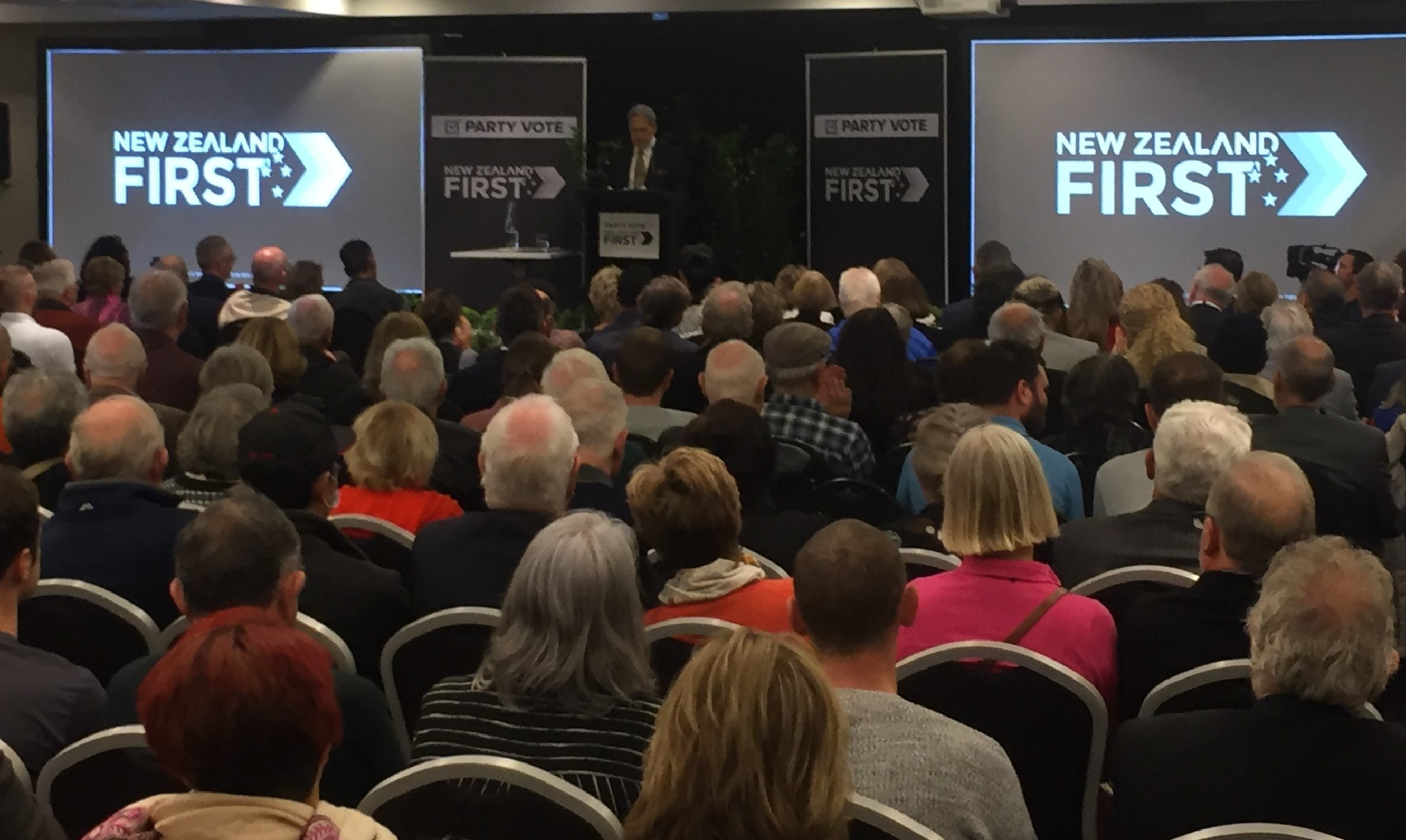
Responding to criticism that NZ First had scuttled coalition policy initiatives, he said the party had been “an accelerator for great ideas and a handbrake for bad ones.”
“There is no other party that can rate an 80 percent achievement record. We have used our experience to guide government through crises and used common sense to hold both Labour and the Green Party to account.”
He said NZ First had “killed” Auckland light rail on the basis of “sunlight and fiscal sense”.
“I mean how much will it cost? You can’t talk about ‘commercial sensitivity’ when you are spending Aucklanders’ (tax) money.
“But we know how much it will cost and if Aucklanders knew, and they knew the disruptions of light rail, they’d be shocked.”
He said NZ First had also been “alarmed” by the release of the Green Party tax policy.
Wealth taxes had been "proven time and time again not to work," yet the Greens were advocating it and also proposing new income tax rates for those earning over $100,000 and $150,000, showing that the party was “totally out of touch with the economic demands of today.”
By contrast, “NZ First believes that if you earn it, you can keep it.”
Peters said he would announce the party’s tax policy during the campaign.
“But it will be about common sense, it will target growth, it will be aimed at exporters, growth in the economy and about jobs.”
Peter said while NZ was “winning the war” on covid-19 it was time to restore the economy and voters needed to be consulted on financial plans for the future and not just become victims of a big government “nanny state.”
The party has been well shy in recent opinion polls of the 5 percent support required to get back into Parliament at the next election, but Peters – who started his speech to the sound track from the movie ‘Gladiator’ – said come Sept. 19 NZ First would not be “shut down”.
An electoral insurance policy
Peters said NZ First represented “necessary insurance” against the ideological urge of the “nanny state knows best” mentality, against extremism, against tax for the sake of it and against any who would seek to “govern alone.”
“People forget it’s only three years on. It’s tough being the smallest party in the coalition, behind the scenes, but never failing to be cast as the villain – in fact it’s unbelievable ingratitude.”


